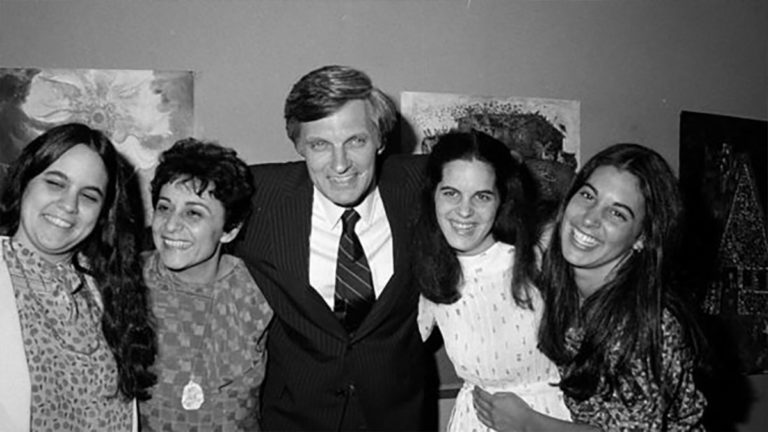Alan Alda, best known for his role as Captain Benjamin Franklin “Hawkeye” Pierce on the groundbreaking television series M*A*S*H, is admired not only for his acting talent but also for his resilience in overcoming personal and health challenges. At 89 years old, Alda remains an inspiring figure, celebrated for his long marriage to Arlene Weiss and his openness about living with Parkinson’s disease.
This article explores Alda’s remarkable journey—from his early struggles and career milestones to his enduring love story and advocacy work—based entirely on credible and well-documented information.
Early Life and Family Background
Alan Alda was born Alphonso Joseph D’Abruzzo on January 28, 1936, in the Bronx, New York. He grew up in a family connected to entertainment: his father, Robert Alda, was an actor and singer, while his mother, Joan Browne, was a homemaker.
Alda’s childhood was marked by challenges, including frequent moves as his father worked in burlesque theater and an early battle with polio. At age seven, he contracted the disease and underwent months of painful therapy before making a full recovery. His perseverance during this period became a foundation for the determination he later showed throughout his career.
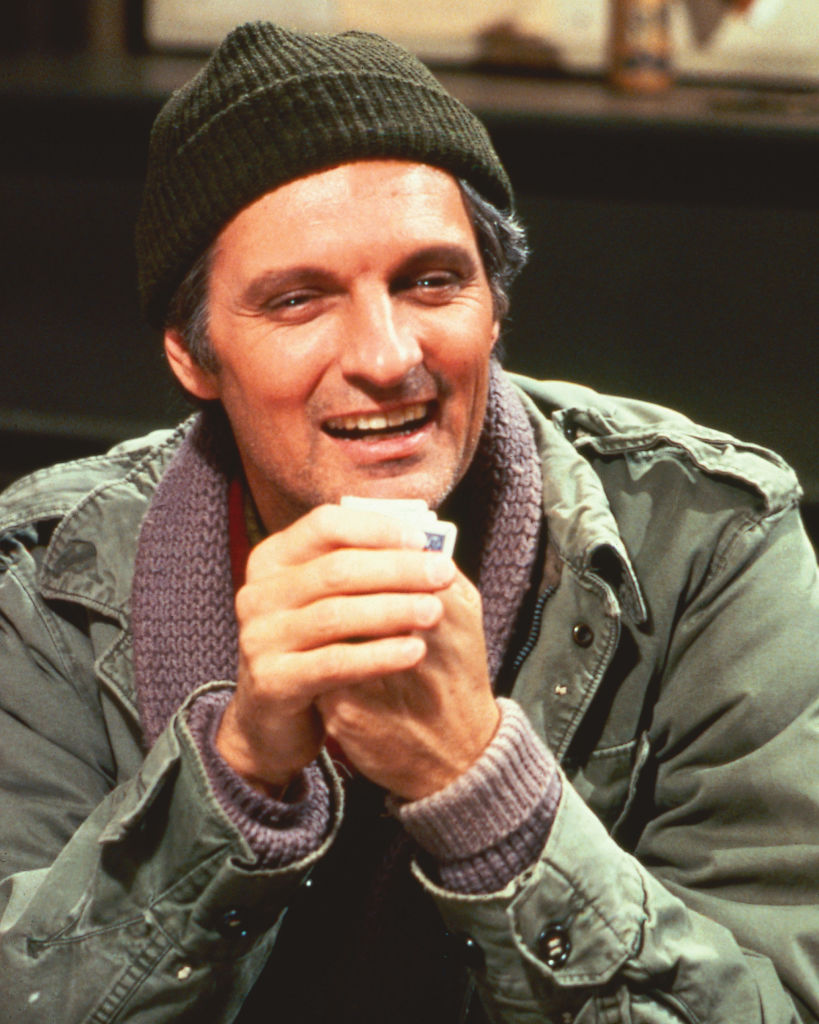
Education and Early Career
Despite a turbulent childhood, Alda excelled academically. He attended Fordham University, where he studied English and performed with an improv comedy group, sharpening the comedic timing that would later define his acting style.
Alda made his Broadway debut in 1959 with Only in America. A few years later, he appeared in the film adaptation of Purlie Victorious (Gone Are the Days, 1963). These early roles opened doors to stage and screen opportunities that would prepare him for the defining role of his career.
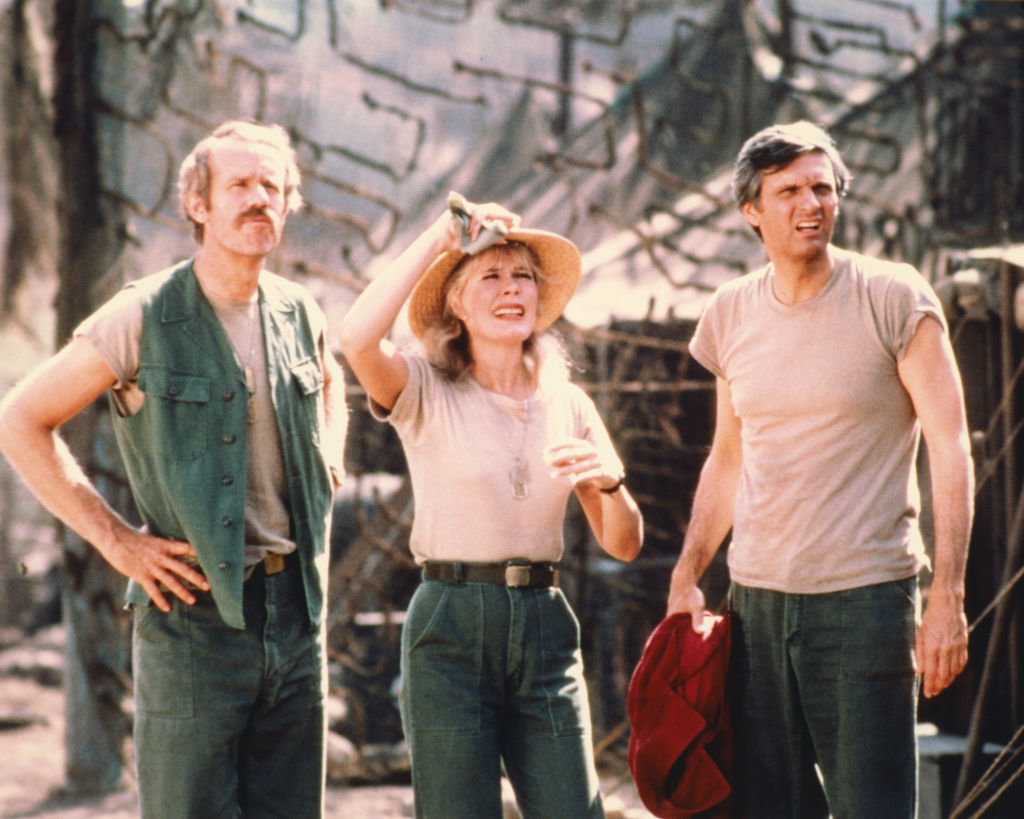
Breakthrough with M*A*S*H
Alda became a household name when he was cast as Hawkeye Pierce in M*A*S*H, a wartime comedy-drama that aired from 1972 to 1983. The series, set during the Korean War, blended humor with serious social commentary and remains one of the most acclaimed shows in U.S. television history. Its finale is still among the most-watched television episodes of all time.
Alda’s performance earned him six Golden Globe Awards and five Emmy Awards. Beyond acting, he contributed as a writer and director for several episodes, showcasing his versatility and creative vision.
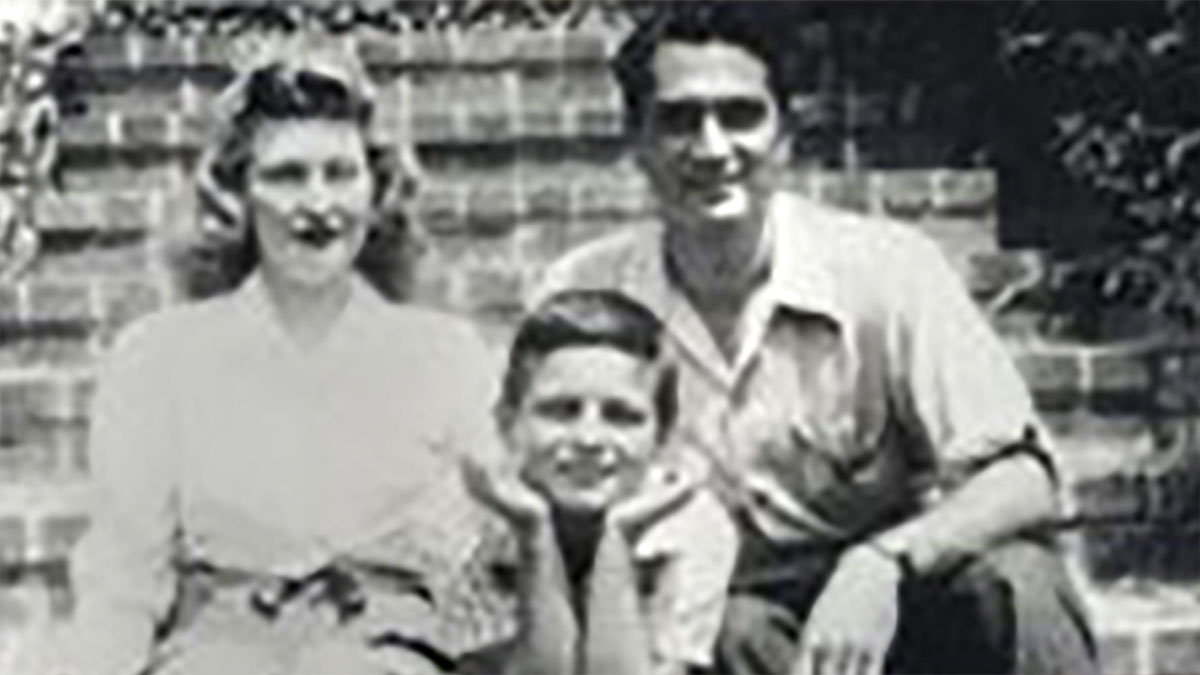
Career Beyond M*A*S*H
After M*A*S*H, Alda continued to build a distinguished career in both film and television. His notable film credits include Same Time, Next Year (1978) and The Four Seasons (1981), the latter of which he wrote and directed. In 2004, he was nominated for an Academy Award for Best Supporting Actor for his role in The Aviator.
On television, Alda appeared in critically acclaimed series such as The West Wing and 30 Rock. He also became known as a strong advocate for science communication, hosting the PBS series Scientific American Frontiers for over a decade.
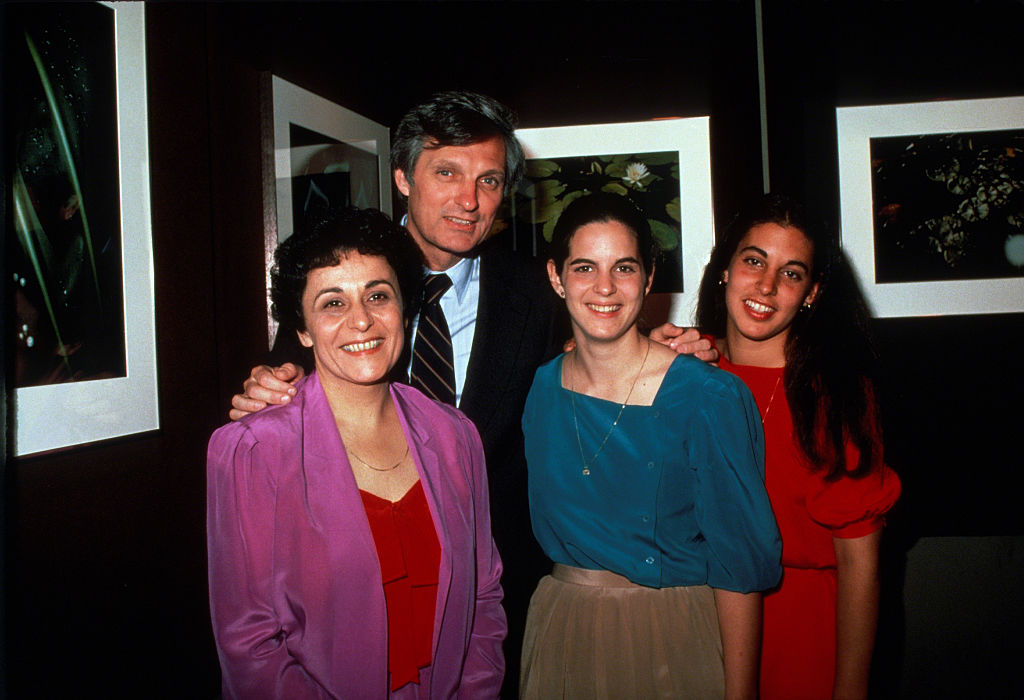
A Marriage That Stands the Test of Time
Alan Alda’s personal life is as remarkable as his professional one. He married musician, photographer, and writer Arlene Weiss in 1957. The couple has been married for more than 65 years, an extraordinary milestone in the entertainment industry.
Their relationship is often described as a true partnership, built on humor, mutual respect, and unwavering support. In interviews, Alda has credited Arlene with being a constant source of encouragement throughout his career. Together, they raised three daughters—Eve, Elizabeth, and Beatrice—each of whom has pursued her own professional path.
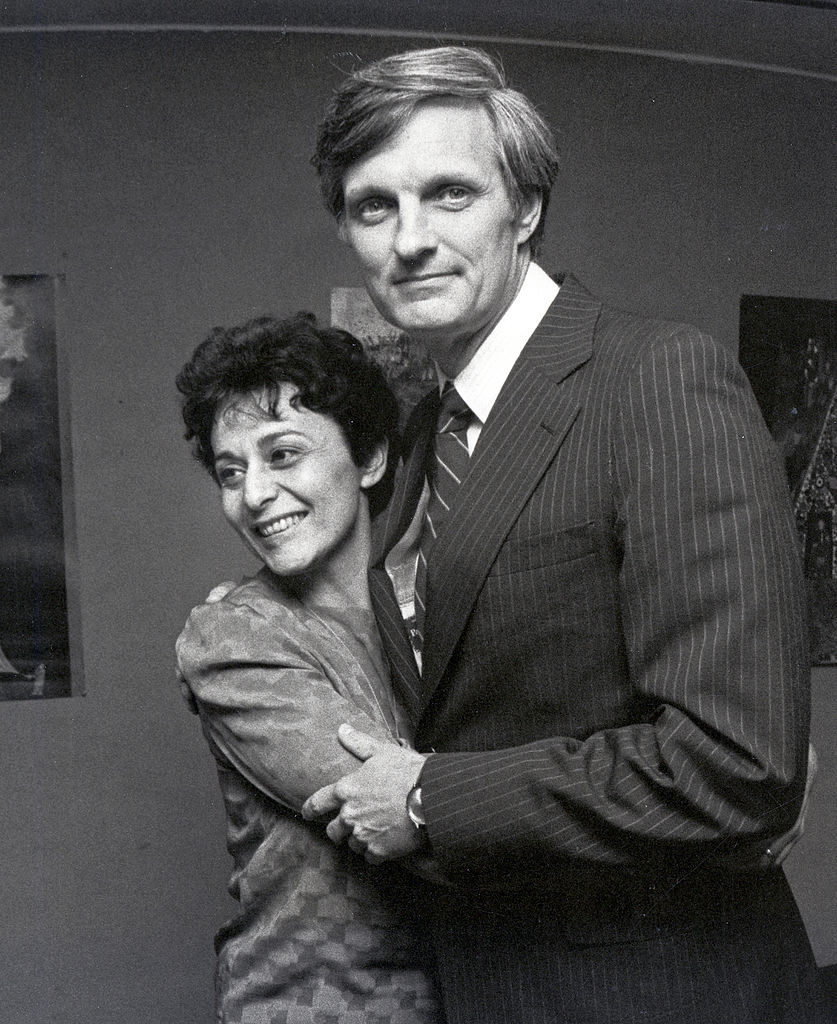
Living with Parkinson’s Disease
In 2015, Alda was diagnosed with Parkinson’s disease, a progressive nervous system disorder that affects movement. He publicly disclosed his condition in 2018 during an appearance on CBS This Morning, explaining that he wanted to be open about it rather than hide his symptoms.
Parkinson’s disease is a long-term neurological disorder with symptoms such as tremors, stiffness, and balance issues. According to the Parkinson’s Foundation, while there is no cure, treatments including medication, physical therapy, and exercise can help manage the condition.
Alda has taken an active approach to his health, incorporating activities such as boxing, tennis, and marching exercises, which are known to benefit people with Parkinson’s. He has emphasized that while the disease presents daily challenges, it does not define his life.
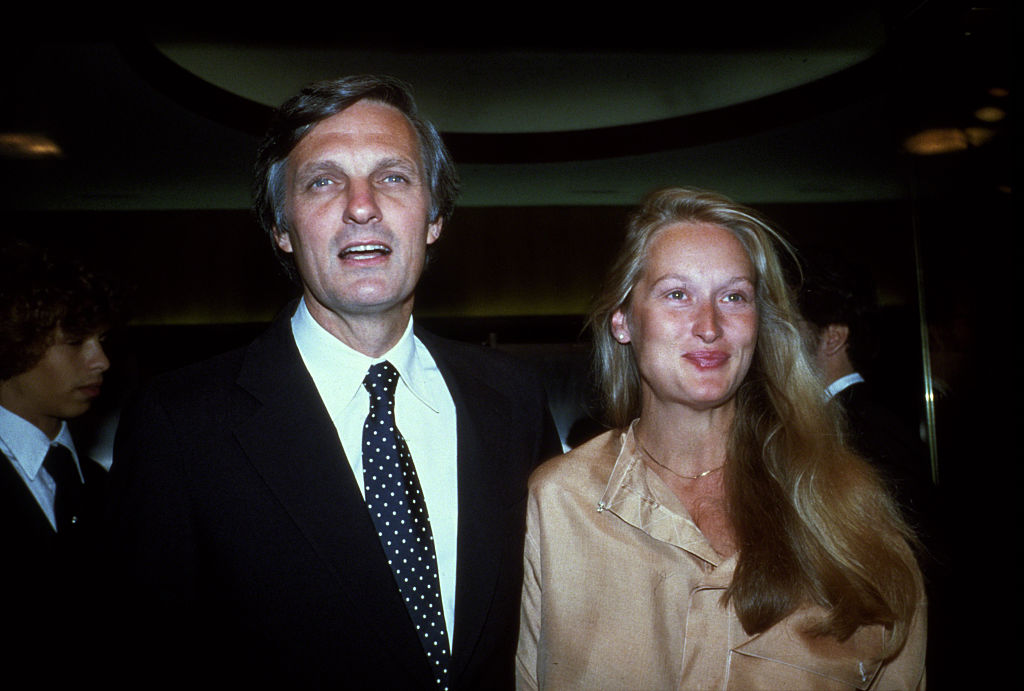
Advocacy and Continued Work
Beyond acting, Alda has dedicated much of his later life to promoting science communication. He founded the Alan Alda Center for Communicating Science at Stony Brook University, which trains scientists and medical professionals to communicate more effectively with the public.
He also launched the podcast Clear+Vivid with Alan Alda, where he interviews experts and public figures on topics ranging from communication and science to creativity and resilience.

Legacy of Inspiration
Alan Alda’s story resonates with millions of fans worldwide because it embodies resilience, humor, and humanity. From overcoming childhood illness to achieving global fame, from sustaining a decades-long marriage to facing Parkinson’s disease with courage, Alda has consistently shown that challenges can be met with strength and adaptability.
As one of television’s most beloved figures, his portrayal of Hawkeye Pierce remains iconic, but his legacy extends far beyond acting. His contributions to science education, his advocacy for effective communication, and his personal example of perseverance ensure that his influence will continue for generations.
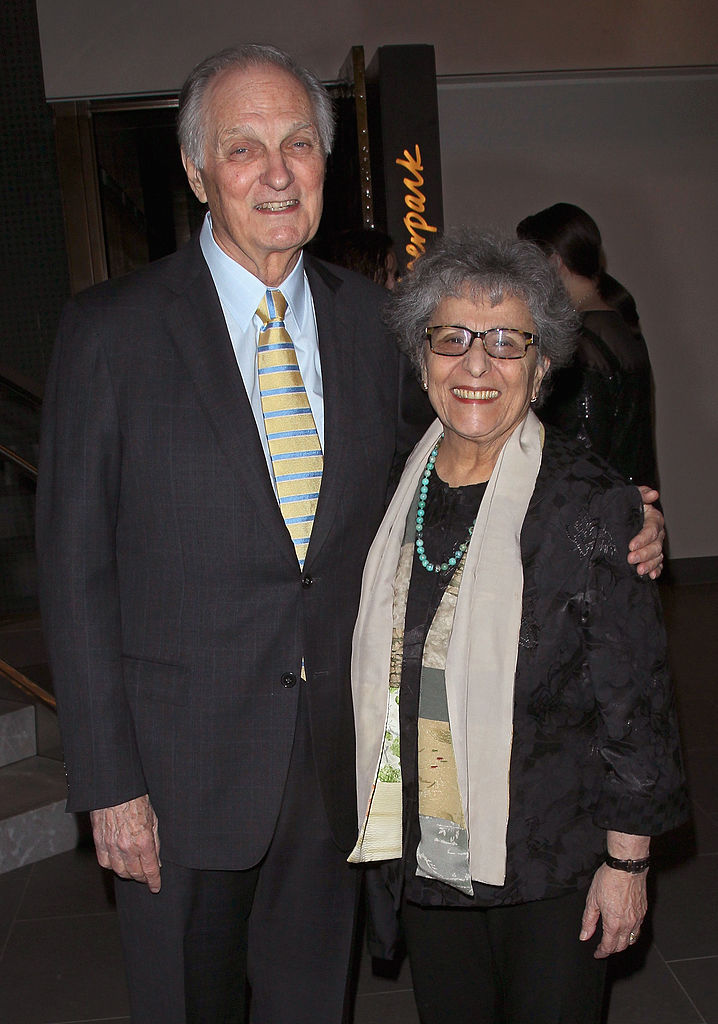
Conclusion
Alan Alda’s life is a testament to the power of resilience, love, and lifelong curiosity. His journey illustrates how personal hardships can be transformed into sources of strength and how openness about health challenges can inspire others to live fully.
With a career spanning more than six decades, a marriage that has endured for 65 years, and ongoing work that bridges entertainment and science, Alda remains a role model for perseverance and optimism.
His message is clear: while challenges such as illness may shape our lives, they do not have to limit them. Instead, with humor, determination, and support from loved ones, it is possible to continue creating, learning, and thriving.
